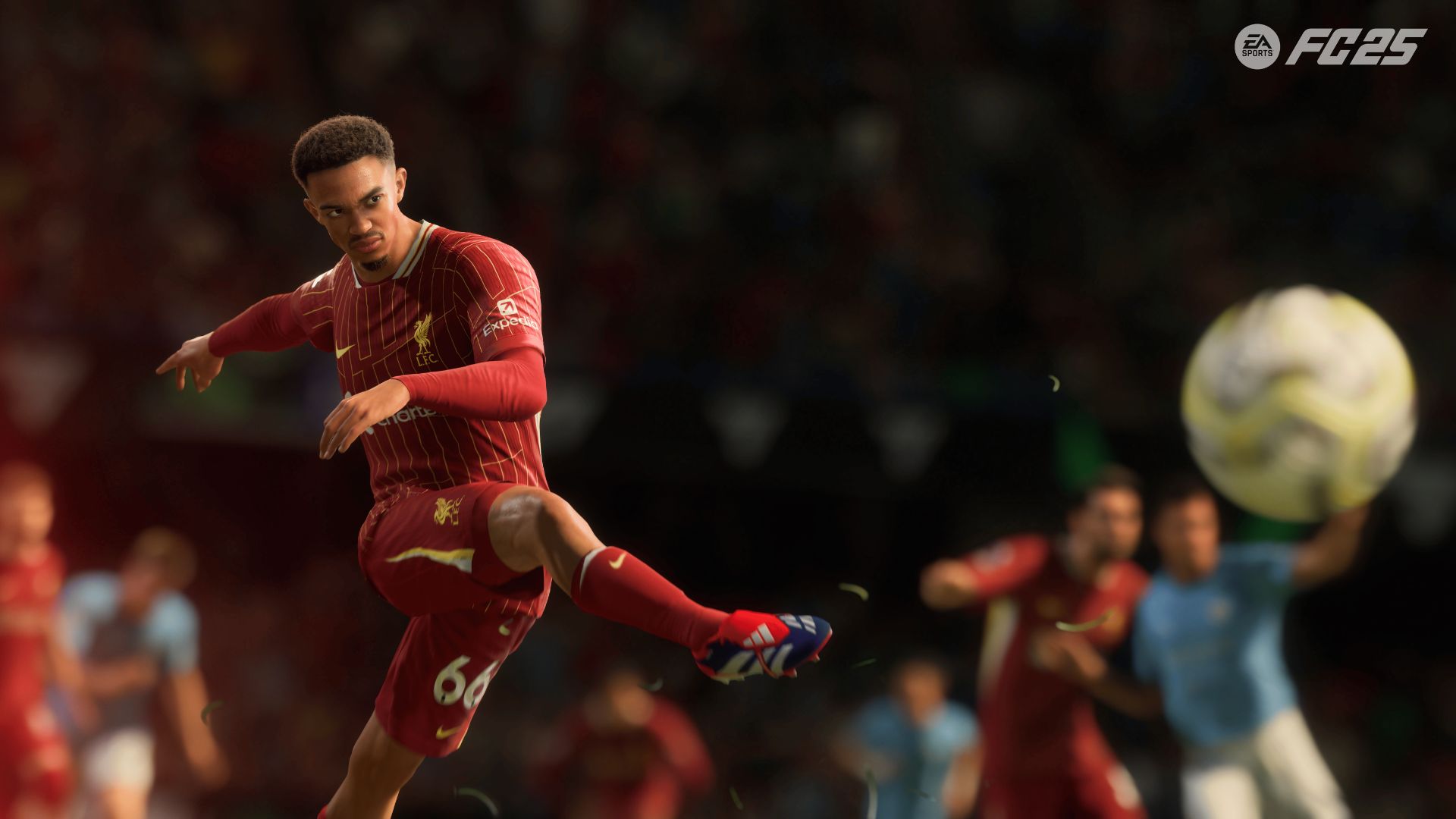EA shares drop as financial forecasts are slashed due to poor performance of flagship games. Discover what this means for EA’s strategy.

Electronic Arts Inc. (EA) just hit a rough patch, watching its shares tumble more than 16% in a single day. After forecasting a less-than-expected future for its killer game titles, EA Sports FC 25 and Dragon Age: The Veilguard, the gaming giant stumbled. While EA Sports FC 25, at one moment, was flying and clocking strong sales, the situation did an about-turn, and sales hit a snag as well.
On the other hand, Dragon Age: The Veilguard, which was supposed to soar skyward on par with Dragon Age: Inquisition, posted disappointing sales, failing immensely to meet its sales targets. With its financial forecast now a shadow of its former self, EA’s leadership is likely scrambling. Yet, this isn’t new territory for EA, a company no stranger to the rollercoaster rides of the gaming industry.
Why did EA Shares Drop?
When EA revealed the below-predicted performance of two major titles — EA Sports FC 25 and Dragon Age: The Veilguard — its shares nosedived. The stock dropped by more than 16%, from $142.35 to $118.58, in just one day. This dramatic slide followed EA’s modified financial outlook, which painted a dimmer-than-expected picture for the fiscal year ending in March 2025.

At the heart of the problem lies EA Sports FC 25. Initially, the game enjoyed strong momentum after its September 2024 launch. However, sales slowed significantly, failing to meet projections. Critics weren’t kind either, with many calling out the lack of meaningful improvements compared to previous installments. Meanwhile, Dragon Age: The Veilguard added to the trouble. Despite critical acclaim, it engaged only 1.5 million players in its launch quarter—nearly 50% below EA’s targets.
These two titles alone caused EA to lower its net bookings forecast from mid-single-digit growth to a mid-single-digit decline. Now, EA expects bookings of $2.21 billion for the third fiscal quarter and $7–$7.15 billion for the full year. The financial hit sent investors into a frenzy, fueling concerns about EA’s ability to innovate and sustain its flagship franchises.
EA’s current CEO, Andrew Wilson, recently spoke to investors and issued a statement saying he was confident about the company’s long-term strategy and plan for a return to growth after 2026 while acknowledging some shortcomings. However, with no major blockbuster releases on the immediate horizon, EA finds itself in a tight spot. For now, the market is watching closely, waiting for EA’s next move.
Looking For More?
Thank you for reading the article. We provide the latest news and create guides for Baldur’s Gate 3, Starfield, ARK Survival Ascended, and more. Also, watch Deltia play games on Twitch or visit his YouTube channel!
 Reddit
Reddit
 Email
Email


